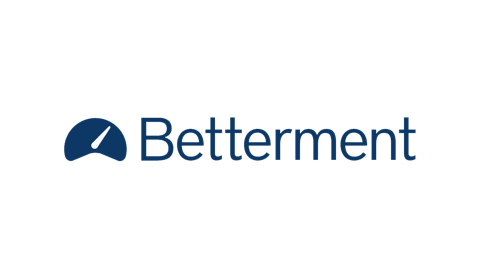Introduction
What Is Betterment Insurance? After filing a property damage insurance claim, the policyholder may decide to upgrade their property by buying a newer, more expensive version of the damaged item or having it repaired. They are installing a new carpet and underlay of higher quality and value than the original would be considered an improvement, for example, if replacing the carpet after a flood is essential. The insurance provider is not required to cover the cost of the improvement. Although your insurer will cover the cost of repairing or replacing damaged products, you will still be liable for the price difference. This is done to ensure that no insured individual receives financial gain from a claim. Regrettably, insurers can abuse it to postpone honouring valid claims.
Damage Reclamation Using Betterment Insurance
If damage to the rented property results from tenant improvements, both landlords and tenants should review their leases to determine who is responsible for repairs. It's feasible that different policies will have different definitions of what constitutes progress. This phrase is frequently used to refer to any alterations a building's occupant has made but cannot lawfully take back. Despite paying for the installation, the renter is not the actual accessory owner because they are being changed in the rented area, violating the lease. Even if the tenant has the legal right to use the property, any improvements to the rented space are regarded as a structural component.
In general, when you make improvements to your property, its value increases. Determining who is in charge of protecting the altered items might be challenging when claiming a covered loss. Suppose the policy doesn't include betterment coverage indicating the updated value of the facility. In that case, there is a chance that the insurance company won't pay the landlord enough to restore the structure to its pre-hazard condition. The tenant should be aware that the landlord won't be responsible for paying for the upgrades if the landlord chooses to exclude them.
Tenants should ensure their business property insurance policy covers the cost of replacing or repairing any improvements they made to the rented space. Some tenants might not feel responsible for protecting these extensions because they will eventually become a memorable part of the structure. However, the owner is not required to restore such adjustments unless the lease's conditions expressly state that the landlord is in charge of doing so.

How Does Betterment Apply To Me?
To fully comprehend how improvement relates to you, read the fine print of your policy's terms and conditions. The insurance documentation specifies the improvement requirements set forth by your insurer. They will explain their definition of "improvement" and how many legal problems they're prepared to address here.
What Can Betterment Be Charged On?
A betterment charge may be assessed for everyday wear and tear and pre-accident damage. When a claim is filed, an insurance claims adjuster will be hired. The adjuster will next inspect your car after that. A deduction for betterment would not be allowed if excessive wear on salvageable parts or damage that did not match the facts of the loss were discovered after investigation or repair.
Is Betterment Charged Every Time A Car Is In An Accident?
Your concern that you may be charged betterment fees after each accident is unfounded. Mistakes rarely lead to advancement. In actuality, not all insurance companies take improvement into account. A betterment fee can only be added by a small number of insurers and only for wearable products. Most of the time, the policyholder's claims are the only ones that can be improved. Even if you are not at fault in an accident but are a claimant on the other party's insurance claim, such as in the case of a rear-end collision in a parking lot, betterment charges may still be applicable.
Even if you are required to pay improvement, the sum will probably be less than what you would have paid for repair or replacement if you lacked insurance—check your policy to check if house repairs are covered. If you have any questions, don't be afraid to ask your insurance agent or, at the very least, study your policy from cover to cover.

Conclusion
Insurance claim disputes frequently result from improvement issues. It can be challenging to determine what constitutes improvement, whether voluntary or not. Your insurance might only offer to pay for the property's original value, even if it would be difficult to replace it in its current state without making a significant expenditure. They can claim that your policy's betterment clause should exempt them from making the difference.




